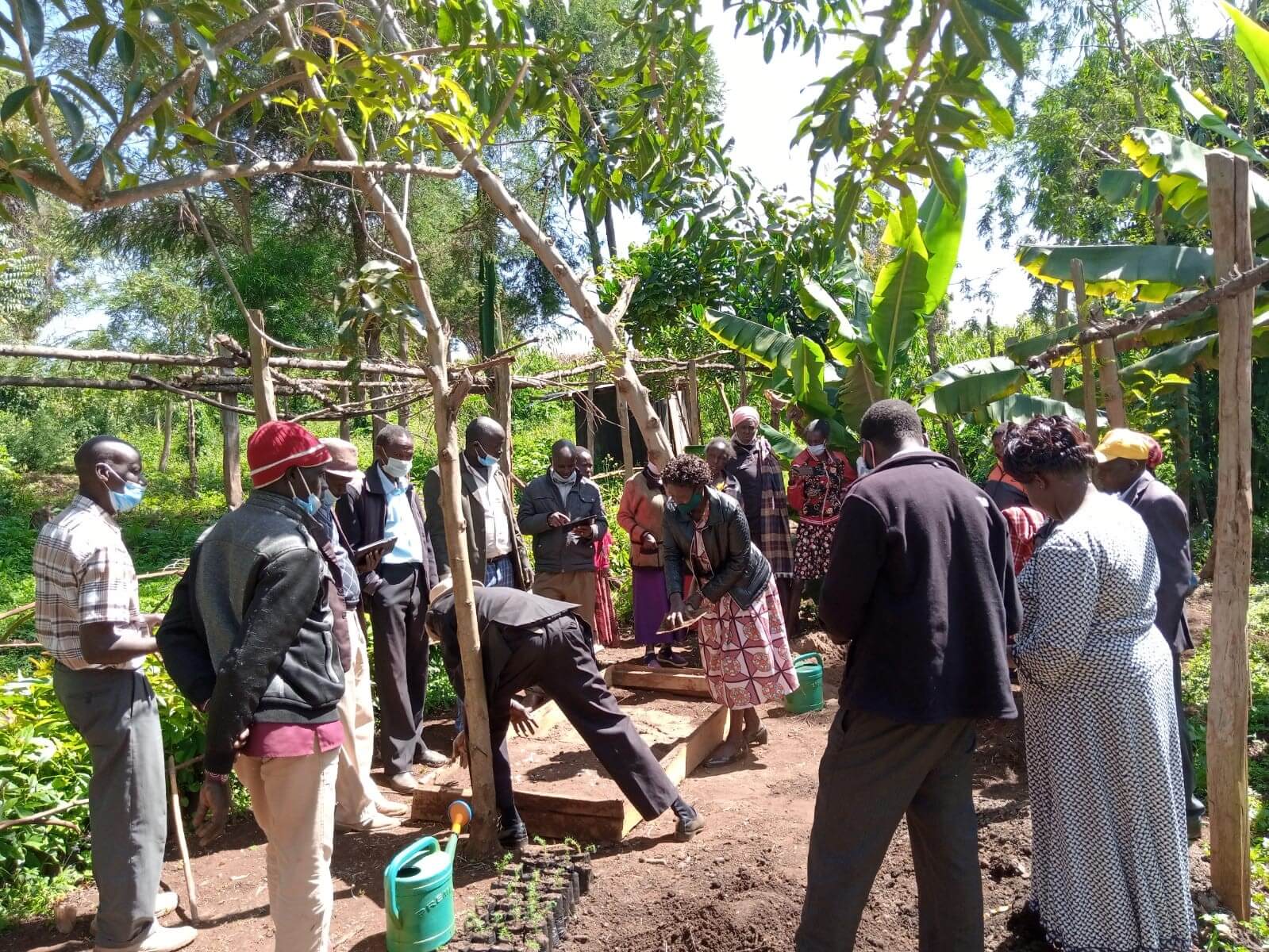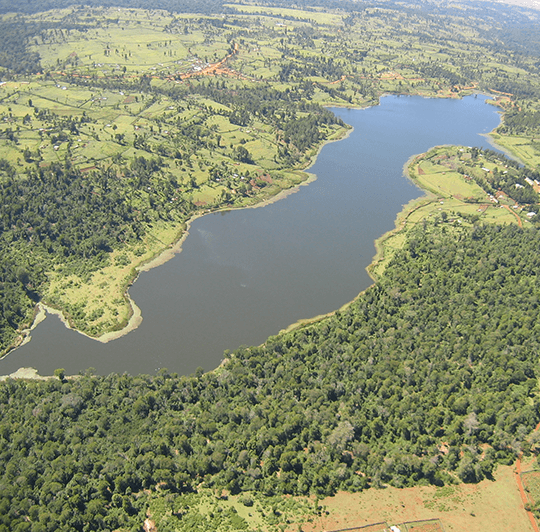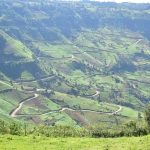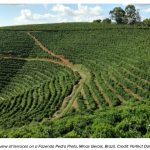Save Kenya Water Towers is a National Non-Governmental Organization registered with the NGO’s Coordination Board in the year 2010.
Save Kenya Water Towers is mandated to operate in four counties Uasingishu, Elgeyo Marakwet, Baringo, and West Pokot in the Republic of Kenya. Currently we are operating in five counties Elgeyo Marakwet, Uasingishu, West Pokot, Trans Nzoia, and Nakuru.
Our headquarters is situated in Eldoret town in Uasingishu County.
Save Kenya Water Towers is an active member of Kenya Climate Change Working Group (KCCWG) which is an umbrella organization bringing together civil society organizations and donor partners in Kenya, to come together to form a united front in confronting the causes and effects of climate change in broad and specific terms in Kenya, Africa and elsewhere where their contribution would needed.
Since inception Save Kenya Water Towers has been involved in many environmental projects across the country. We have partnered with Government agencies, County Governments, Community based organizations (CBO’s), Women Organizations, Embassies e.t.c.to ensure that environmental conservation and Management is enhanced and forest dependent communities are involved in the quest to reverse the negative effects of environmental degradation.

Our key focus has also been to ensure that communities living and depending on the forest for their livelihood have their capacities built to have a symbiotic relationship that ensures that the environment is conserved and at the same time their livehoods are protected.
Climate change has greatly affected many communities in the sub Saharan Africa and Kenya is not an exception. We have drawn both Mitigation and Resilience programmes that will ensure that the negative effects of climate change do not affect the livelihoods of these communities a great deal.






